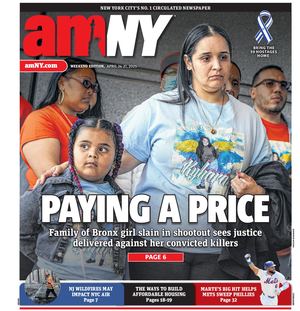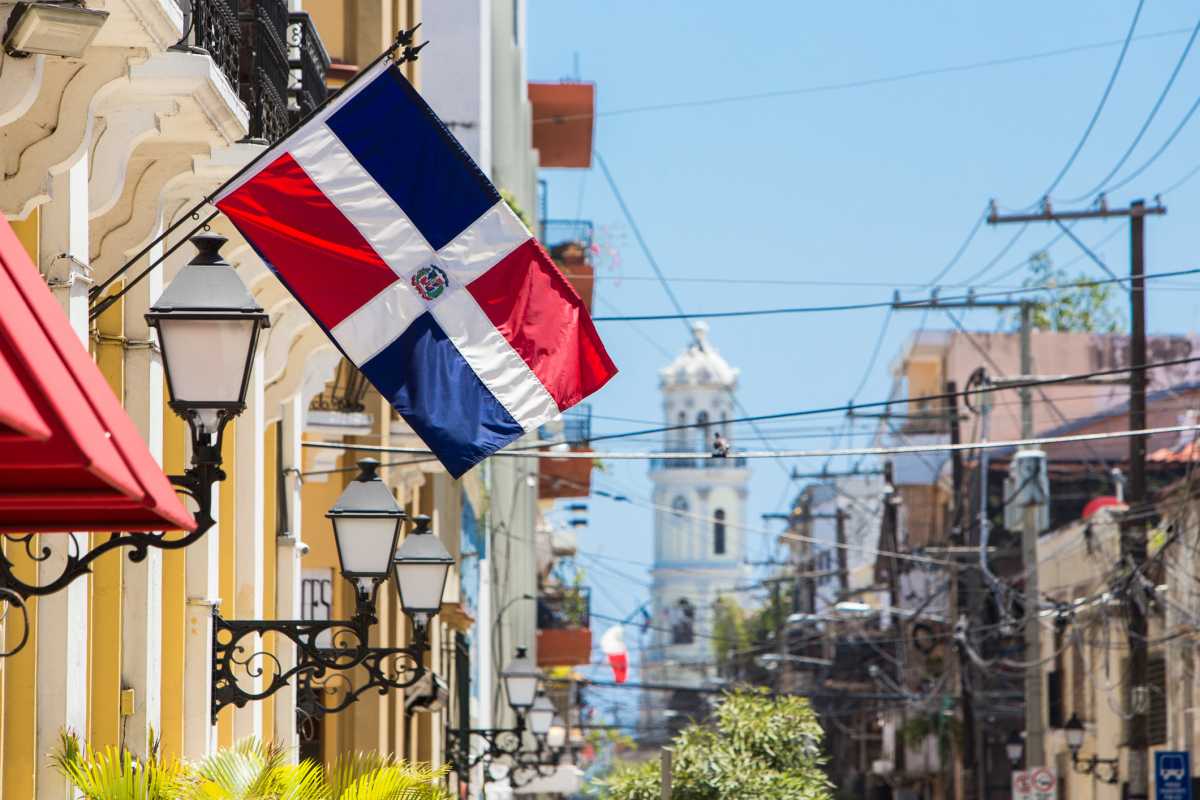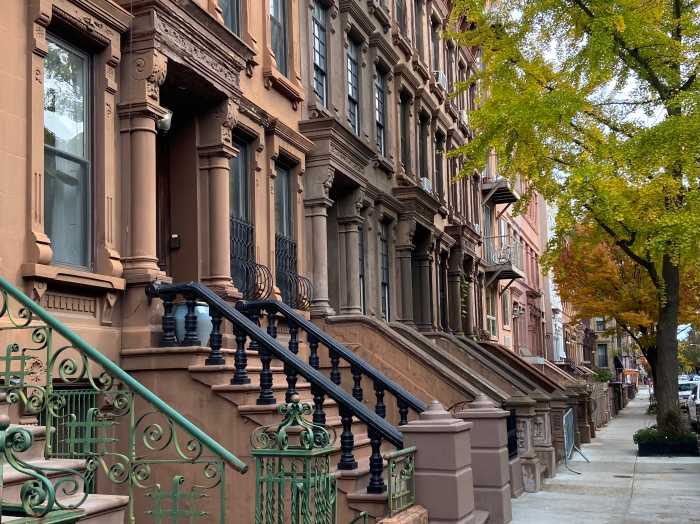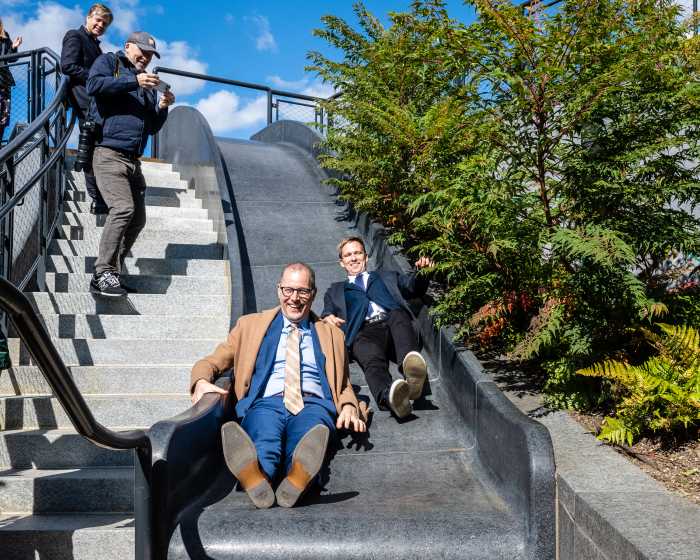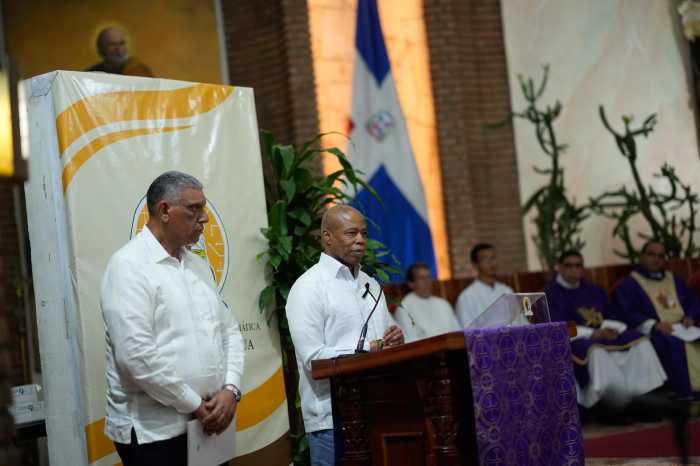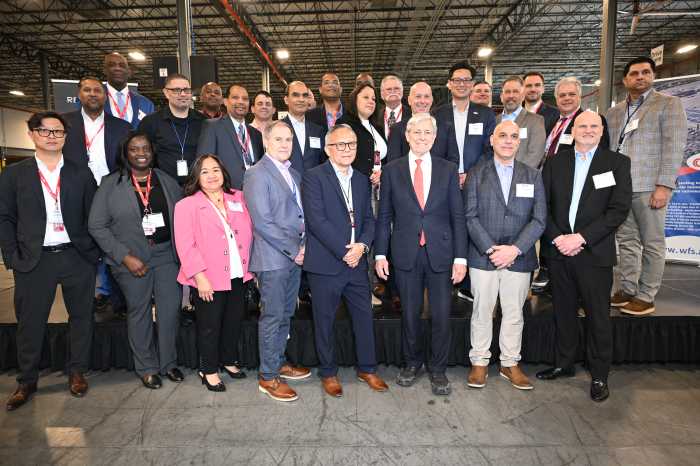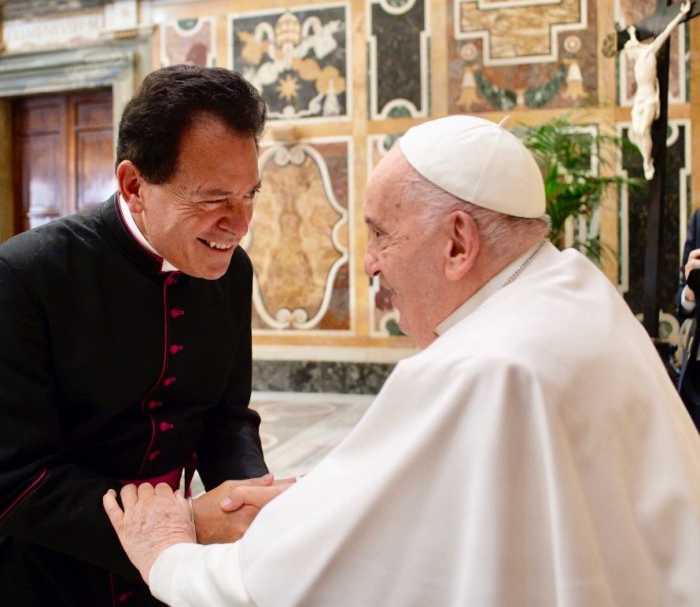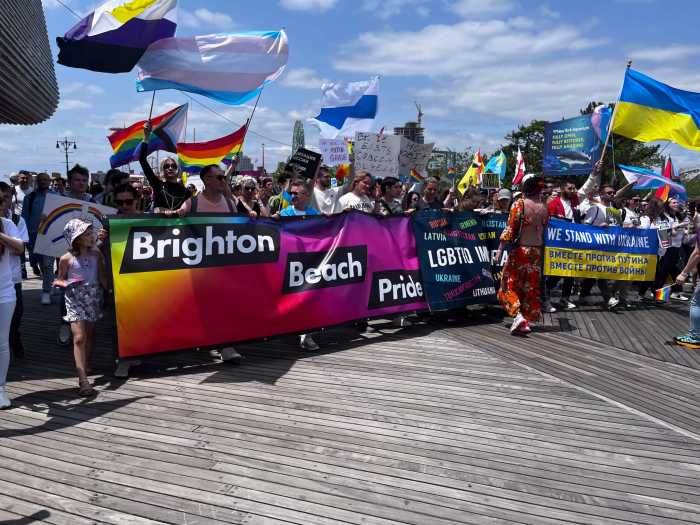The tragedy at Jet Set nightclub is a stark reminder of how interconnected communities can be. We all know someone who perished that fateful night. For every viajero — every traveler who has returned home to the Dominican Republic — Jet Set was known. We danced there, laughed there, celebrated there. I was no exception. Years ago, my brothers brought me to the iconic venue. It was elegant and vibrant, truly unforgettable.
My most recent visit was heart-wrenching.
Flight to the Dominican Republic
I landed at Las Américas International Airport late on a Sunday. Though I checked “business” on my customs form, this journey was anything but. Perhaps it’s time we add another box to that form: “bereavement.” That’s what this was. A return to the land of my birth, not to visit, but to grieve. To stand in solidarity, to support my community alongside Mayor Eric Adams — who traveled for the same solemn purpose.
That evening, as the plane touched down, the familiar sound of applause — typical for us — was conspicuously absent. The silence was heavy. Over the loudspeaker, the flight attendant gently reminded us, “It’s okay to clap. Those we lost would expect us to.” Her words struck a chord. I brought my hands together and clapped for the more than 250 lives lost and the nearly 200 survivors whose lives are forever changed.
In the last two weeks, we have heard the names of well-known victims — public figures whose stories have garnered headlines. And while we mourn their passing, we must also remember the hundreds of others whose names may not be as widely known, but whose absence is deeply felt. Every life lost deserves to be honored—with dignity, recognition, and remembrance.
Tribute to the Victims
On Monday morning, a sense of overwhelming grief took over as we approached ground zero. I walked near the makeshift memorial that now decorates the sidewalk of Avenida Independencia. Candles, many toppled over, lined the pavement. I paused. I imagined the hands that had placed them — the grieving families, the heartbroken friends. Appreciating that even in the midst of pain and adversity, the Dominican people — inside and outside the country —have demonstrated their strength and spirit of solidarity. I knelt and stood each candle upright.
Each candle, to me, represented a parent who lost a childlike Lucia Maria De la Cruz. Or a child who lost a parent. Like the seven children left behind by sisters Lucia and Rudilania De La Cruz, now orphaned. These young lives, altered in an instant, must now navigate a world without their parents’ love, guidance, or protection. We must hold them in our hearts and extend every resource we can. They deserve nothing less.
Our Dominicanidad
New York City is home to the largest Dominican community outside of the Dominican Republic. Every triumph and tragedy from our homeland reverberate through the five boroughs. For Mayor Adams and I — as New York City’s first Dominican Deputy Mayor — traveling to Santo Domingo wasn’t a choice; it was our responsibility. Our sorrow crossed the Atlantic. We needed to show up, stand beside our people, and say: you are not alone.
Many of those lost or injured that day may not have been born in the Dominican Republic, but their names, their stories, and their legacies will forever be Dominican. Because being Dominican is not just a nationality — it is a way of being, a shared rhythm of pride, perseverance, and profound connection.
May our Dominicanidad — our collective spirit, our enduring bond — continue to carry us forward. May it inspire us to care for one another, to support the families and orphans in mourning, and to ensure that the memory of those we lost lives on in all that we do.
